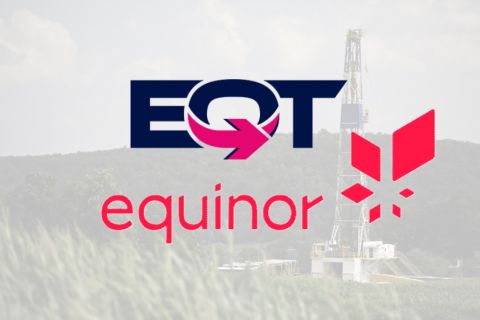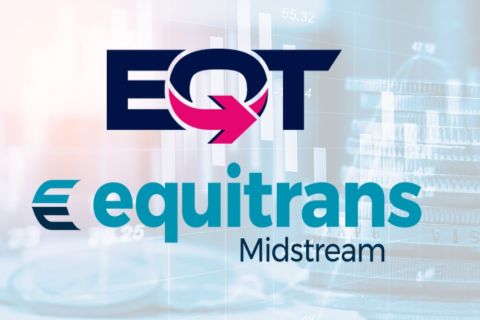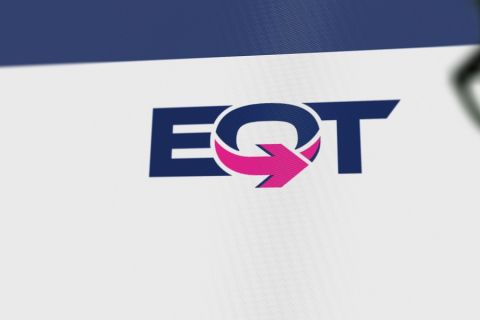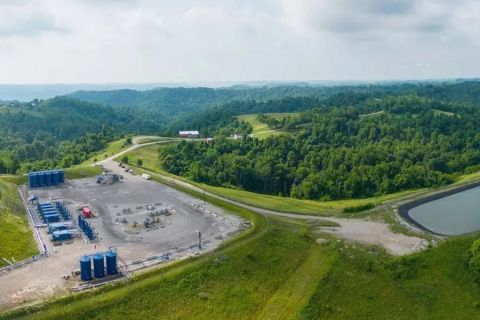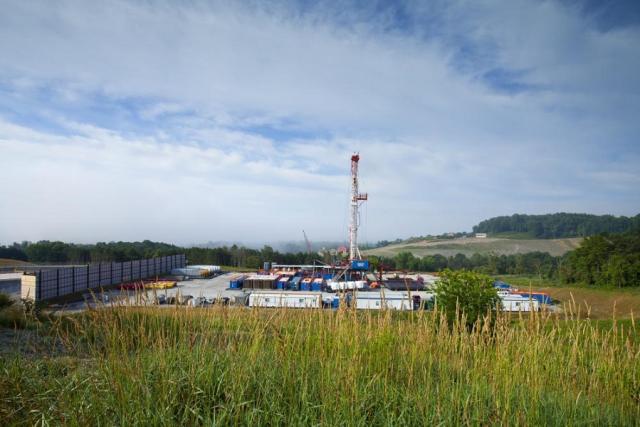
Acquiring Tug Hill would boost EQT Corp.’s infrastructure and access to markets, but the deal has languished more than a year under regulatory scrutiny. (Source: Shutterstock.com)
EQT Corp.’s nearly yearlong slog to close its acquisition of Tug Hill Inc. — a deal sidetracked by regulatory scrutiny — appears to be headed to closing this summer, CEO Toby Rice said during EQT’s July 26 earnings call.
The deal, which EQT announced in September and had expected to close before the end of 2022, looks likely to win approval from the Federal Trade Commission (FTC) by August, Rice said. During the call, EQT also said it had signed a nonbinding agreement to provide natural gas to an LNG facility in Louisiana.
“I can tell you today that we have confidence that we will reach resolution within the next 30 days,” Rice said. “One of our guiding principles for us as we are going through this process is to make sure that we preserve the economics of the deal that we signed, and we feel like we’re going to be able to deliver that.”
The Fort Worth, Texas-based Tug Hill is within EQT’s footprint, but the E&Ps wells are complemented by infrastructure with lines that go to more favorable locations at cheaper costs. Tug Hill’s 95 miles of owned and operated gathering systems connect to every major long-haul interstate pipeline in southwest Appalachia and would help EQT’s push to get its gas to more favorable markets.
The announcement that the $5.2 billion acquisition could happen before the end of August was a moderate surprise to analysts who were previously told it might take until the end of September to win FTC approval.
“It just keeps getting delayed, and the problem is it’s not EQT’s fault…They’re at the will of government approval,” Truist Securities research analyst Bertrand Donnes told Hart Energy, adding the new timeline is good news for the Pittsburgh-based EQT.
“It lowers the company’s break even, increases their margins and removes an overhang from the shares,” he said.
All gas pipelines to the American South are currently full, making midstream challenges much more of an issue than exploration or drilling.
EQT enters LNG agreement
In another show of EQT’s strategy to address this issue, the company announced the signing of a nonbinding agreement with Lake Charles LNG, a future LNG gas export terminal in Louisiana. EQT currently has no facilities with liquefaction capability. Under the heads of agreement (HOA), EQT would provide 1 million tons per annum to Lake Charles LNG.
RELATED: Toby Rice: EQT has Considered Developing Its Own East Coast LNG Project
If the agreement with Lake Charles LNG is finalized, it would give EQT a long sought outlet to international markets.
Gas producers saw a boon in prices in 2022 after the Russian invasion of Ukraine, with prices peaking at more than $9/MMBtu. Since then prices have fallen dramatically. The Energy Information Administration recently said it expects Henry Hub gas spot prices to average more than $2.80/MMBtu in the second half of 2023, up from around $2.40/MMBtu during the first half of the year.
On the earnings call, Rice touted it as a step in the company’s larger strategy.
“Our recent HOA for tolling capacity at Lake Charles represents an initial step in progressing our LNG strategy, which seeks to diversify a portion of our production into international markets and achieve the best combination of upside exposure with downside rise mitigation,” Rice said.
Without an active stock buyback program in the second quarter, EQT is an outlier among other energy companies who are aggressively returning capital to investors. The company instead announced it retired $800 million in debt in the second quarter.
The company also announced it achieved new records in drilling performance, reaching 18,200 ft in 48 hours. The company said its benchmarking study shows it drilling 68% faster than its peers.
Recommended Reading
EQT Sees Clear Path to $5B in Potential Divestments
2024-04-24 - EQT Corp. executives said that an April deal with Equinor has been a catalyst for talks with potential buyers as the company looks to shed debt for its Equitrans Midstream acquisition.
EQT Strengthens Appalachian Position in Swap with Equinor
2024-04-16 - EQT, the largest natural gas producer in the U.S., is taking greater control of the production chain with its latest move.
EQT Deal to ‘Vertically Integrate’ Equitrans Faces Steep Challenges
2024-03-11 - EQT Corp. plans to acquire Equitrans Midstream with $5.5 billion equity, but will assume debt of $7.6 billion or more in the process, while likely facing intense regulatory scrutiny.
EQT, Equitrans to Merge in $5.45B Deal, Continuing Industry Consolidation
2024-03-11 - The deal reunites Equitrans Midstream Corp. with EQT in an all-stock deal that pays a roughly 12% premium for the infrastructure company.
EQT, Equinor Agree to Massive Appalachia Acreage Swap
2024-04-15 - Equinor will part with its operated assets in the Marcellus and Utica Shale and pay $500 million to EQT in exchange for 40% of EQT’s non-operated assets in the Northern Marcellus Shale.


